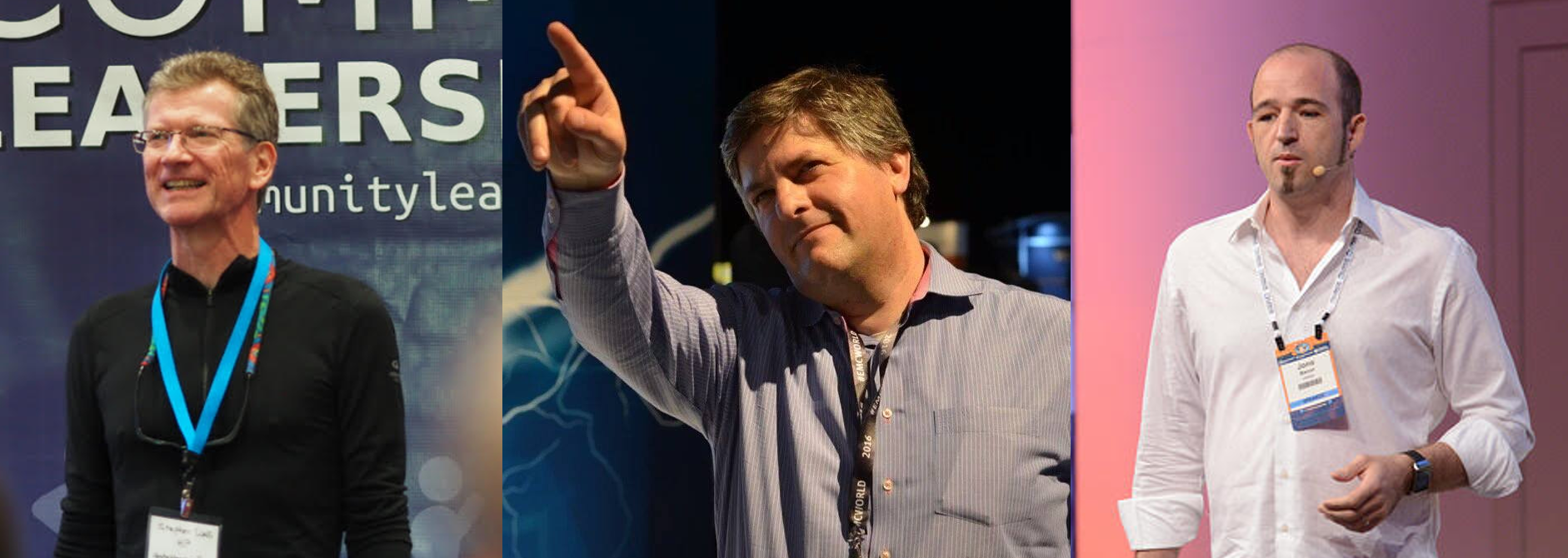On Tuesday, Solomon Hykes, Docker’s CTO and co-founder, unleashed the Moby Project on the world. I’ll admit I didn’t fully grasp its significance at first. This might have something to do with being on vacation in Cape Cod and not being at DockerCon, but I digress. It wasn’t until I read this Twitter thread from Kelsey Hightower that something clicked:
And then it dawned on me – Docker was taking a page out of the Red Hat playbook and fully embracing the upstream supply chain model. In 2003, Red Hat decided it needed to focus on enterprise subscriptions and moved away from its free commercial linux, the venerable Red Hat Linux. In its place, Red Hat created Red Hat Enterprise Linux (RHEL), and then a funny thing happened: its employees rebelled and created the Fedora community and project, designed to be a community Linux distribution. This turned out to be a brilliant move. Forward looking technology and innovation happened in the Fedora community, and then it went through a series of hardening, polish, integration with other Red Hat platforms and bug fixes before being released under the RHEL brand. The more complex Red Hat’s product offerings became, the more valuable this model proved.
Red Hat product supply chain:
The container ecosystem shares much with the Linux ecosystem, because that’s where it came from. One of the criticisms of Docker, much like Red Hat, is that they’re “trying to control the entire ecosystem”. I may have uttered that phrase from time to time, under my breath. The Moby Project, in my opinion only, is a direct response to that. As Solomon mentioned in his blog announcement:
In order to be able to build and ship these specialized editions is a relatively short time, with small teams, in a scalable way, without having to reinvent the wheel; it was clear we needed a new approach.
Yes, any successful ecosystem becomes extremely difficult to manage over time, which is why you end up giving up control, without giving up your value proposition. This is also probably why you’ve seen Docker become more engaged on the CNCF front and why they drove the OCI formation. As David Nalley likes to say, this is the “hang on loosely, but don’t let go” approach to community-building: 
There’s also the branding and trademark benefit. Just as with Fedora and RHEL, separating the branding streams now means that community-minded people know where to go: Project Moby. And prospective customers and partners also know where to go: Docker.com. It’s a great way to let your audiences self-select.
Docker decided to take the next step and embrace the open source supply chain model. This is a good thing.
